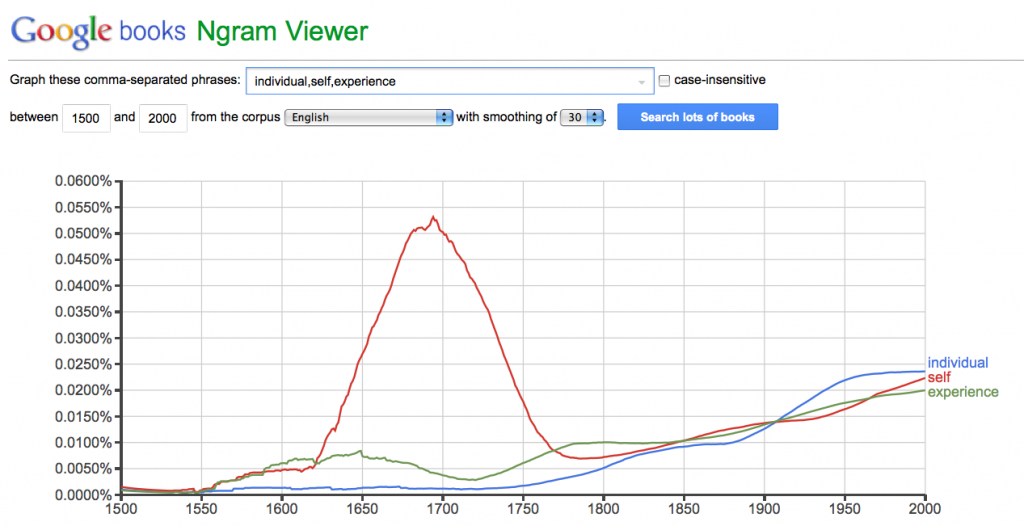 Something interesting took place in the late 18th century; although we were already seeing books on such topics as self-denial, self-ignorance, and self-condemnation, a prior, declining discourse on the self seems to have been re-purposed and successfully connected to two other, equally prior, discourses that had, up until then, been of little consequence: the discourse on the individual and the discourse on experience. Continue reading “The Return of the Self”
Something interesting took place in the late 18th century; although we were already seeing books on such topics as self-denial, self-ignorance, and self-condemnation, a prior, declining discourse on the self seems to have been re-purposed and successfully connected to two other, equally prior, discourses that had, up until then, been of little consequence: the discourse on the individual and the discourse on experience. Continue reading “The Return of the Self”
Different Discourse, Same Effect
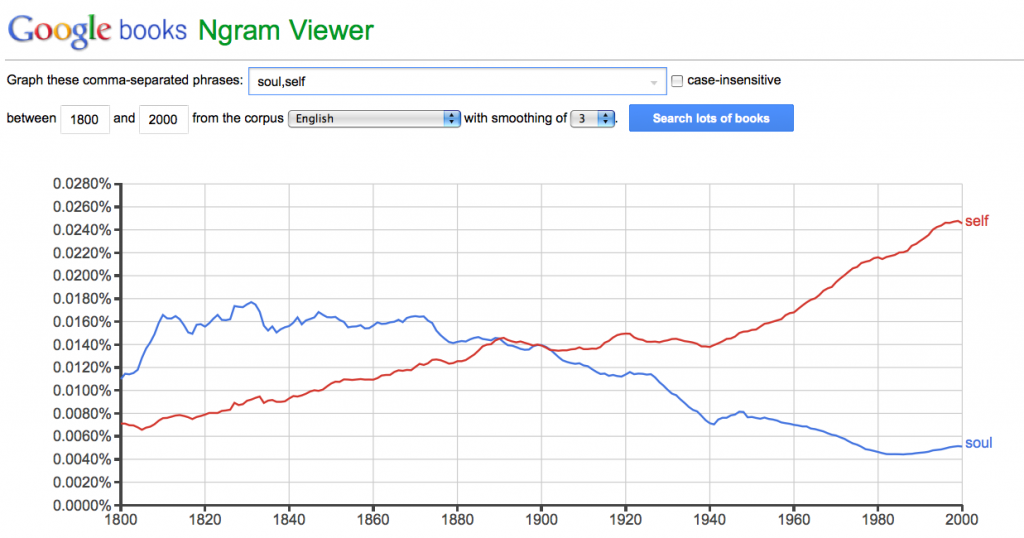
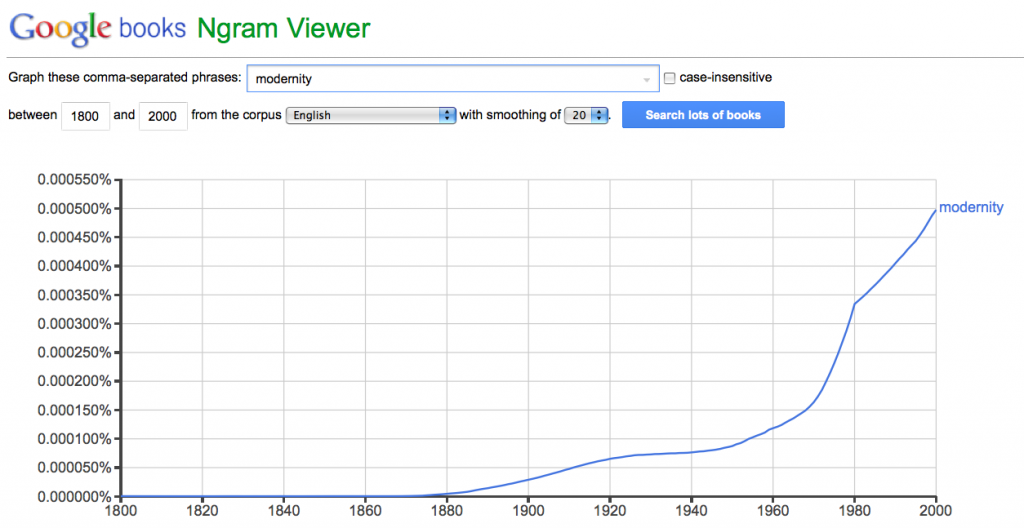 Modernity began officially around 1889, I guess, when one discourse first supplanted the other — though with both achieving the same effect, of course: producing the impression of uniform individual existence despite all of us being always and already immersed in the social. Continue reading “Different Discourse, Same Effect”
Modernity began officially around 1889, I guess, when one discourse first supplanted the other — though with both achieving the same effect, of course: producing the impression of uniform individual existence despite all of us being always and already immersed in the social. Continue reading “Different Discourse, Same Effect”
What’s a Language?
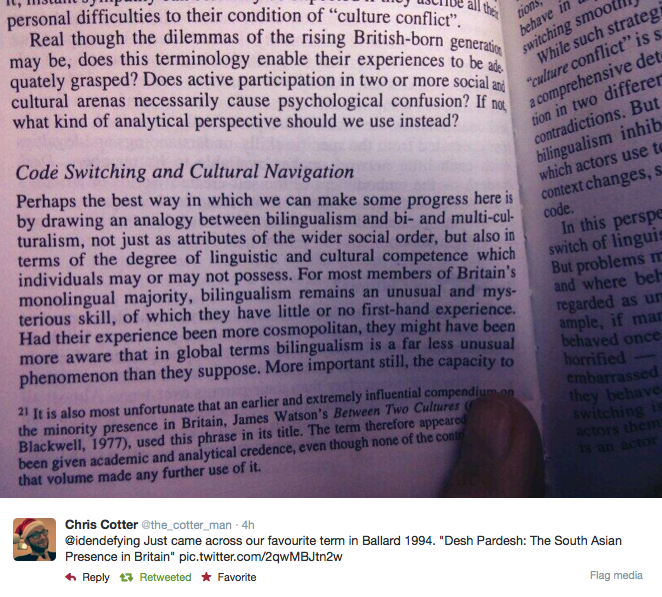 The Edge’s Twitter account was the lucky recipient of this picture earlier this morning (though it wasn’t morning where it originated, was it; thanks @the_cotter-man) — making implicit reference to the recent workshop on “code switching” that four members of the Edge participated in at Lehigh University. Continue reading “What’s a Language?”
The Edge’s Twitter account was the lucky recipient of this picture earlier this morning (though it wasn’t morning where it originated, was it; thanks @the_cotter-man) — making implicit reference to the recent workshop on “code switching” that four members of the Edge participated in at Lehigh University. Continue reading “What’s a Language?”
Think About It
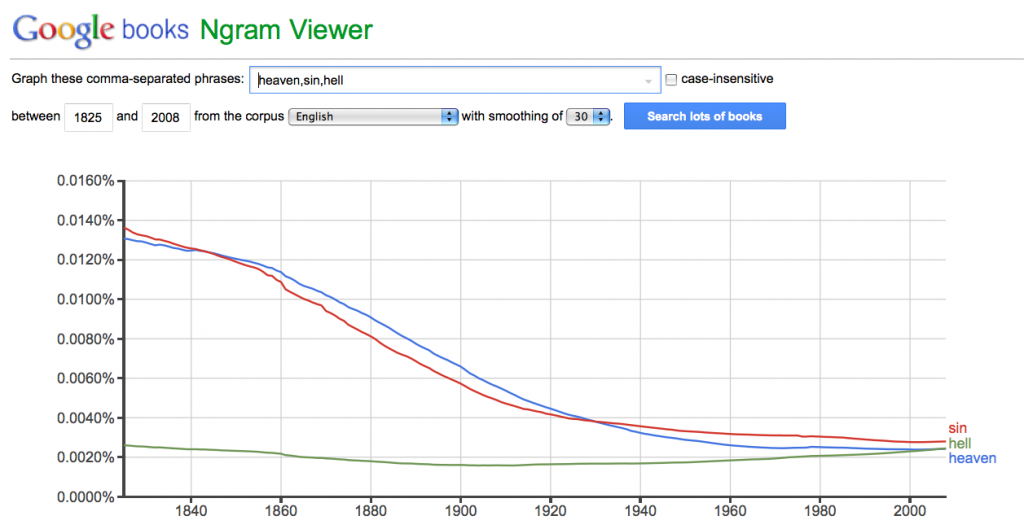 Click to enlarge
Click to enlarge
The Wild Profusion of Things
 A recent news story from India, and the way many here seem to be celebrating it as a victory over stifling binaries, prompted me to comment on Facebook:
A recent news story from India, and the way many here seem to be celebrating it as a victory over stifling binaries, prompted me to comment on Facebook:
“It is a Funny Thing…”
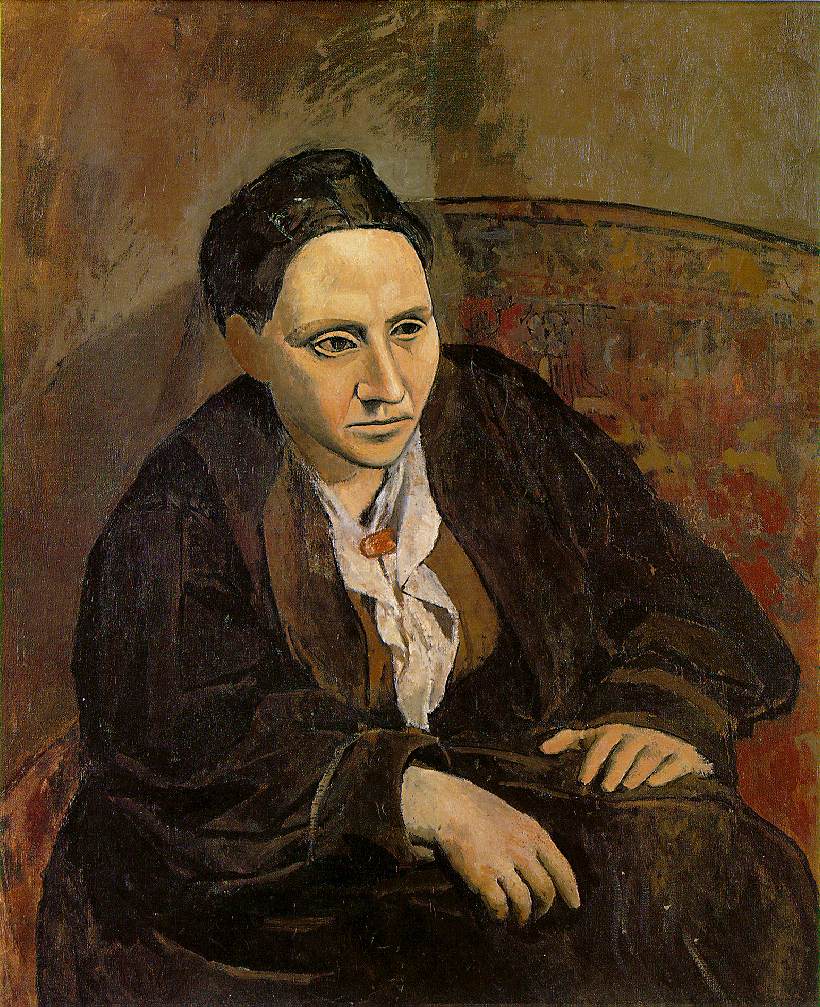 “It is a funny thing about addresses where you live. When you live there you know it so well that it is like an identity, a thing that is so much a thing that it could not ever be any other thing and then you live somewhere else and years later, the address that was so much an address that it was like your name and you said it as if it was not an address but something that was living and then years after you do not know what the address was and when you say it it is not a name anymore but something you cannot remember. That is what makes your identity not a thing that exists but something you do or do not remember.”
“It is a funny thing about addresses where you live. When you live there you know it so well that it is like an identity, a thing that is so much a thing that it could not ever be any other thing and then you live somewhere else and years later, the address that was so much an address that it was like your name and you said it as if it was not an address but something that was living and then years after you do not know what the address was and when you say it it is not a name anymore but something you cannot remember. That is what makes your identity not a thing that exists but something you do or do not remember.”
– Gertrude Stein in Gertrude Stein, Everybody’s
Autobiography (Random House [1937])
Expanding A Woman’s Touch
 Russell McCutcheon’s blogpost yesterday analyzed the viewer’s role in reading this image (above) juxtaposing the current leaders of Chile, Argentina and Brazil to
Russell McCutcheon’s blogpost yesterday analyzed the viewer’s role in reading this image (above) juxtaposing the current leaders of Chile, Argentina and Brazil to the past dictators of those three nations three of the first members of the Chilean Junta: Leigh (Air Force), Pinochet (Army) and Merino (Navy), emphasizing the conservative notion of gender that appears to inform the reading of the image in ways that people often identify as progressive. That reading of the image that McCutcheon analyzed also overlooks the strategic production of such an image. Continue reading “Expanding A Woman’s Touch”
“Who Are You?”
 “Coz I really wanna know…”
“Coz I really wanna know…”
“Who Are You?” is an ongoing series that asks members of Culture on the Edge to reflect on one of their own many identities (whether national, gendered, racial, familial, professional, etc.), theorizing at the same time the self-identification that they each chose to discuss. Continue reading ““Who Are You?””
A Woman’s Touch

This pic was making the rounds of social media the other day — have you seen it? It depicts the presidents of Brazil, Chile, Argentina today, and, at bottom, during the 1970s.
It speaks for itself. Right? Continue reading “A Woman’s Touch”
#edgeswitch Continues…
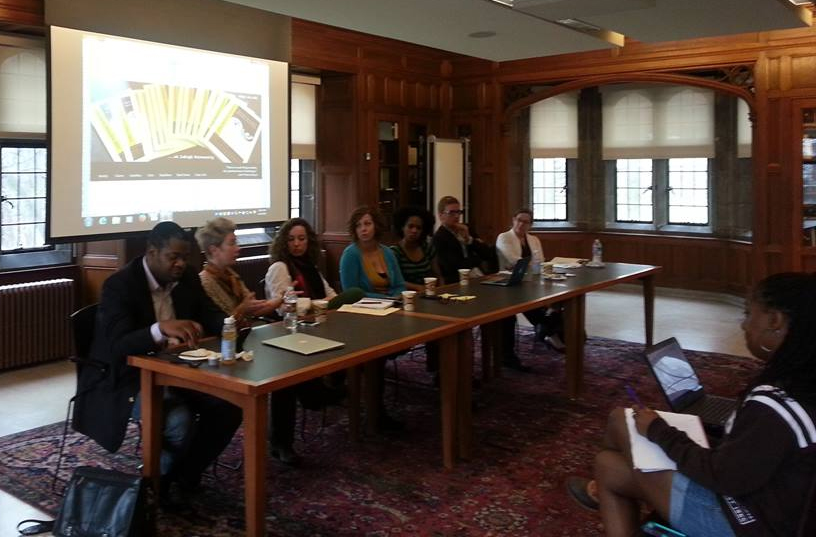 Day two of the Lehigh University workshop on code switching continues,
Day two of the Lehigh University workshop on code switching continues,
with members of Culture on the Edge participating.


